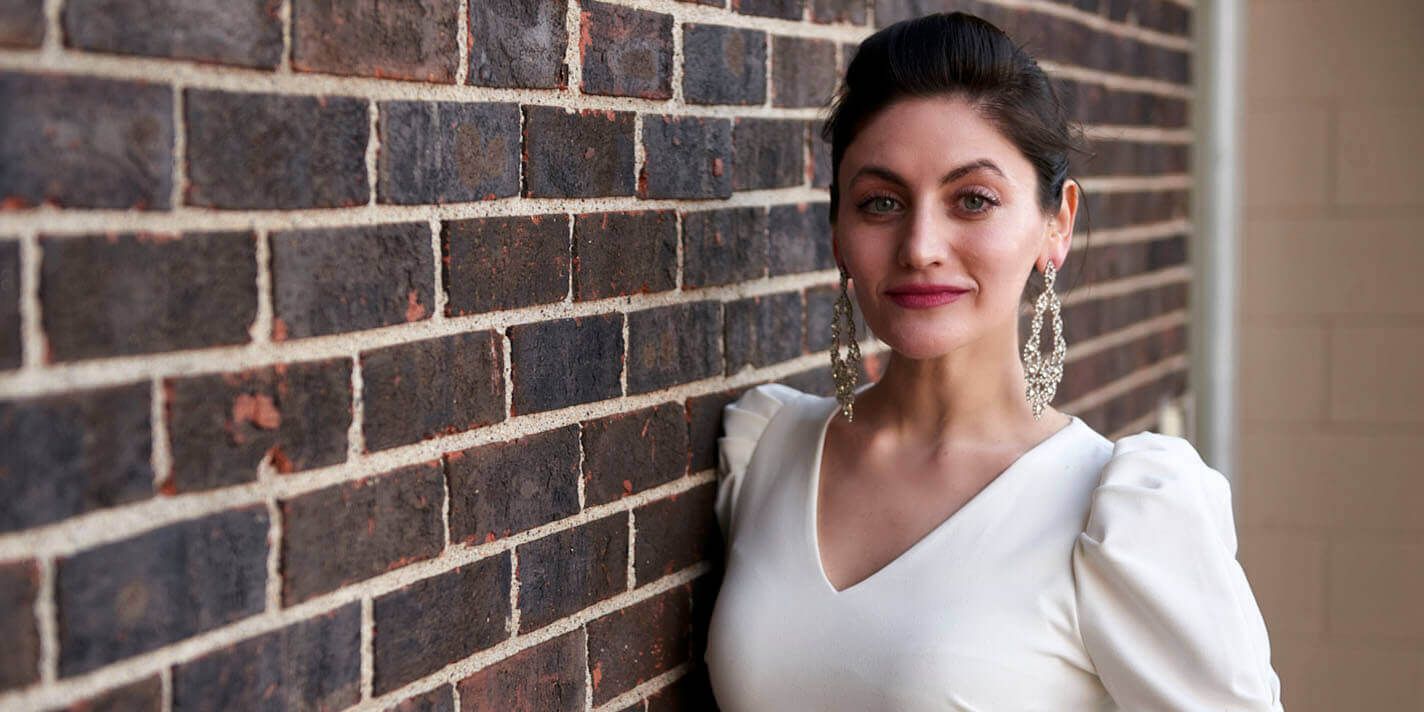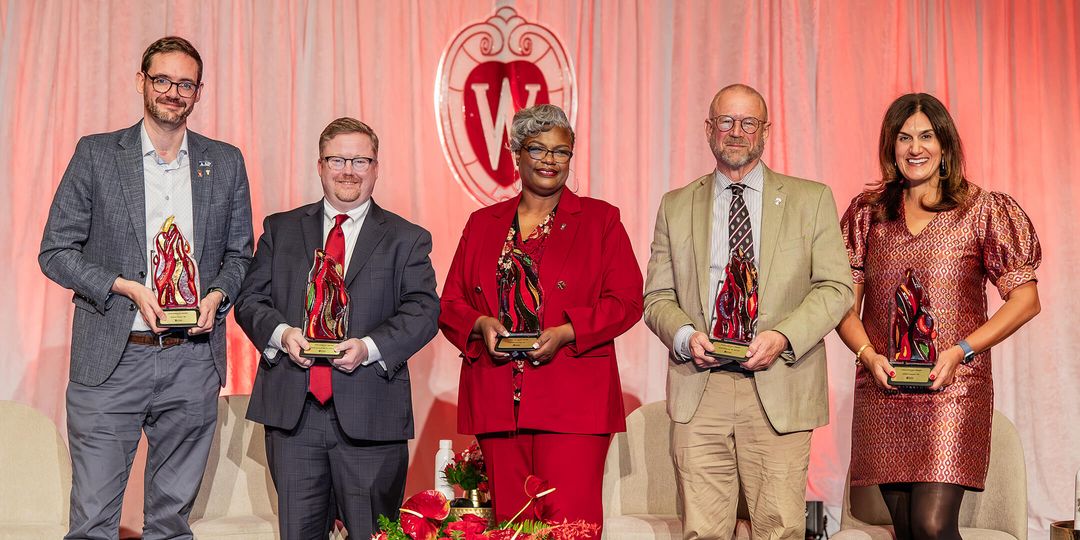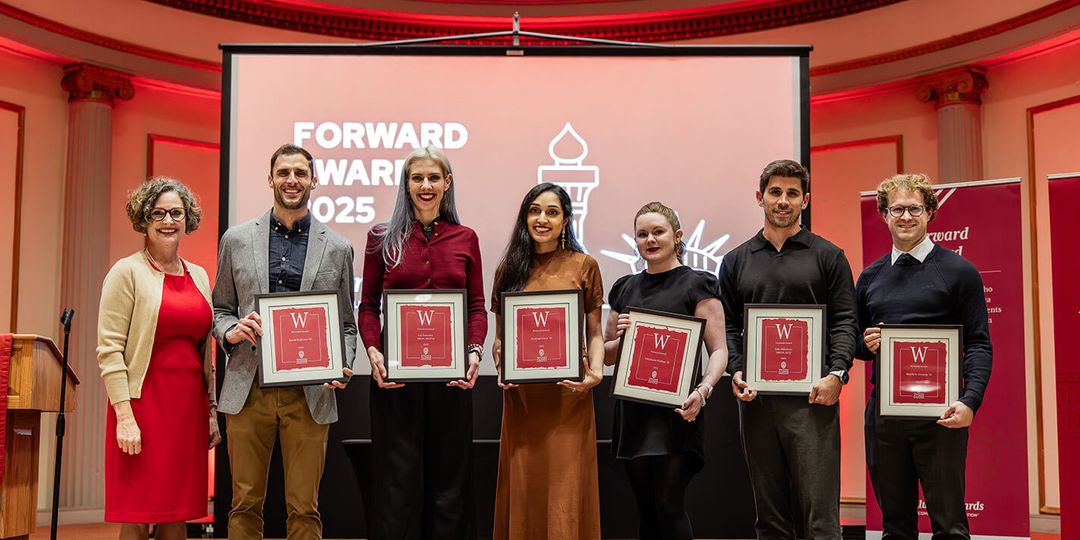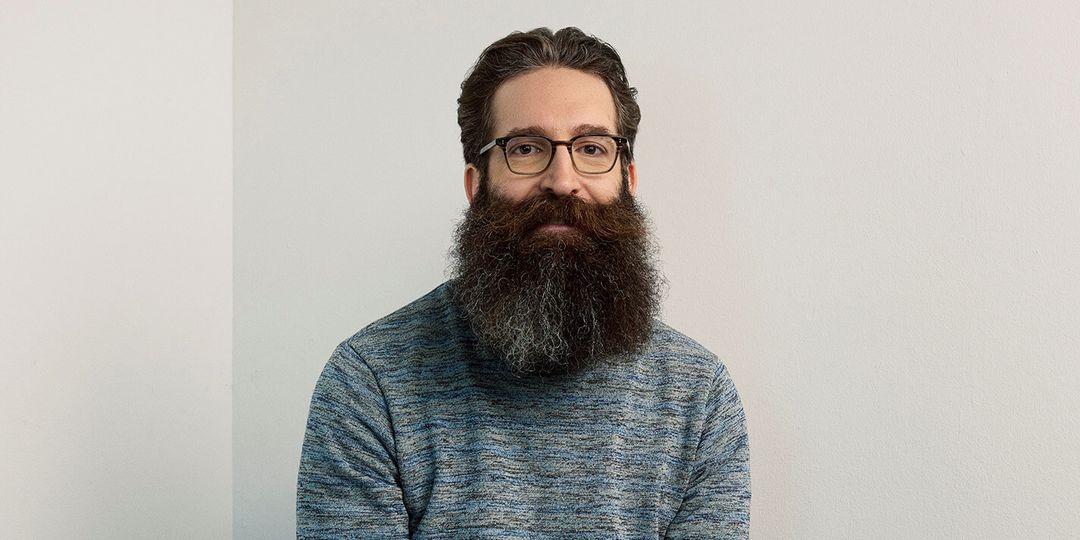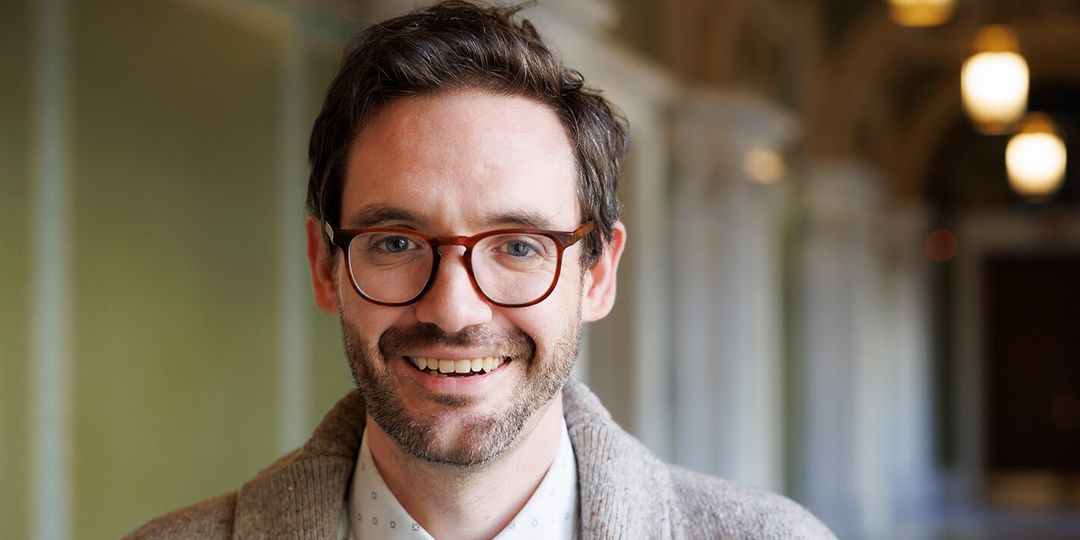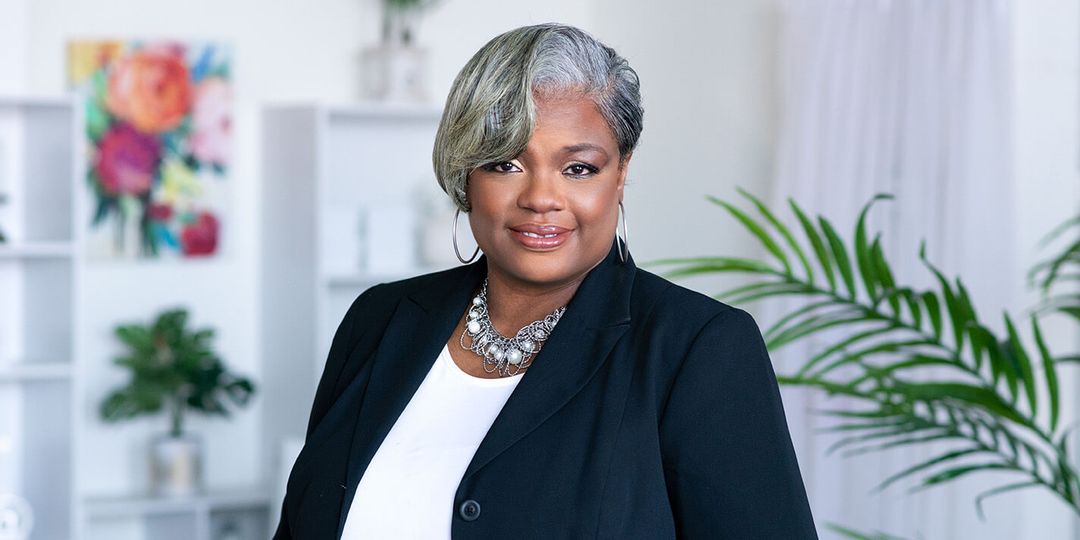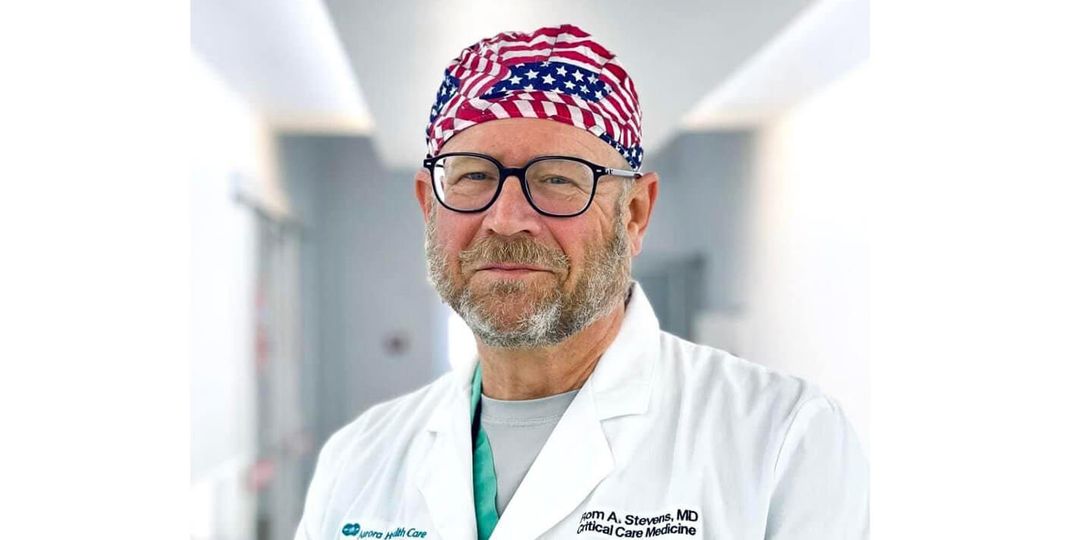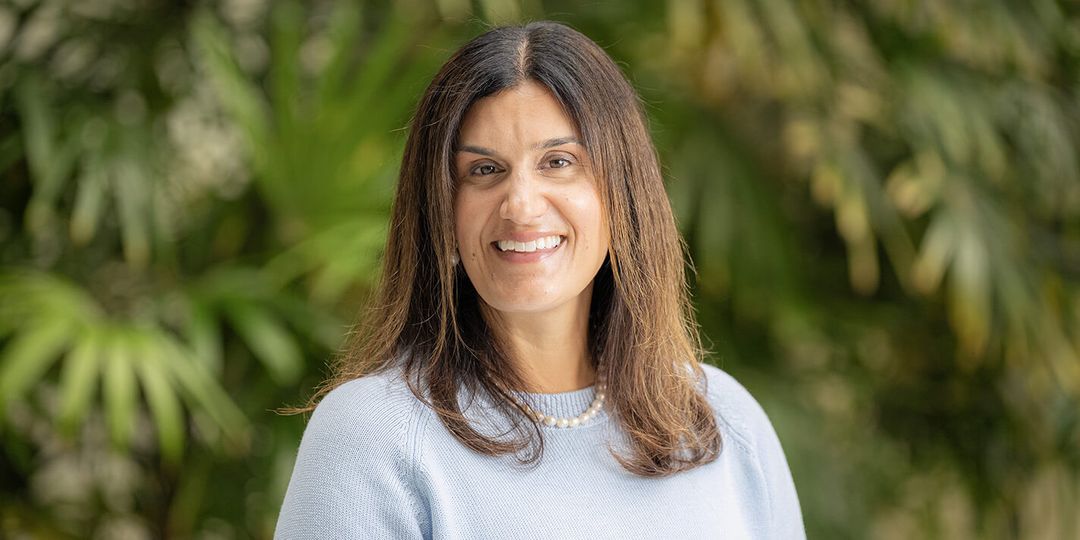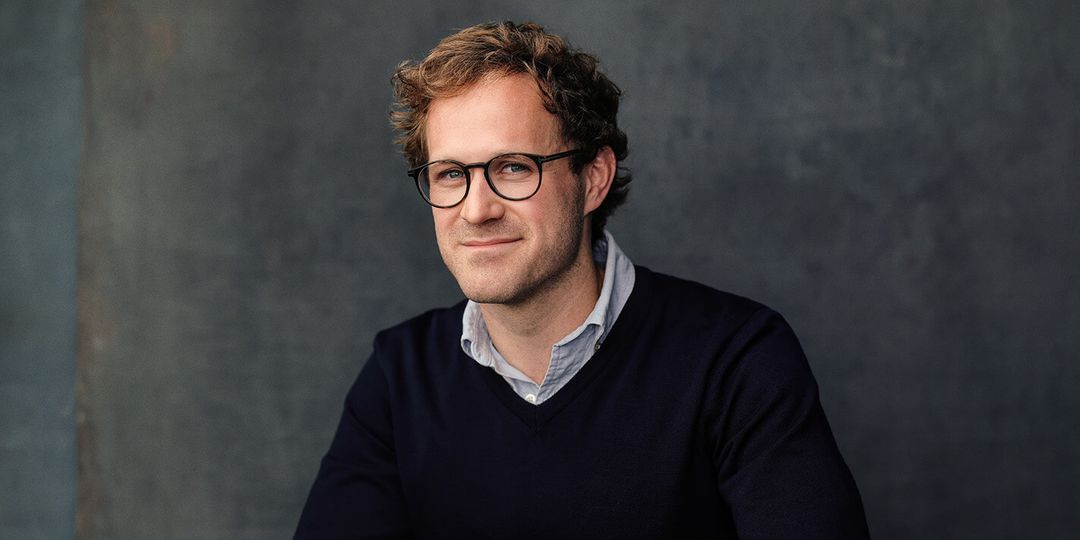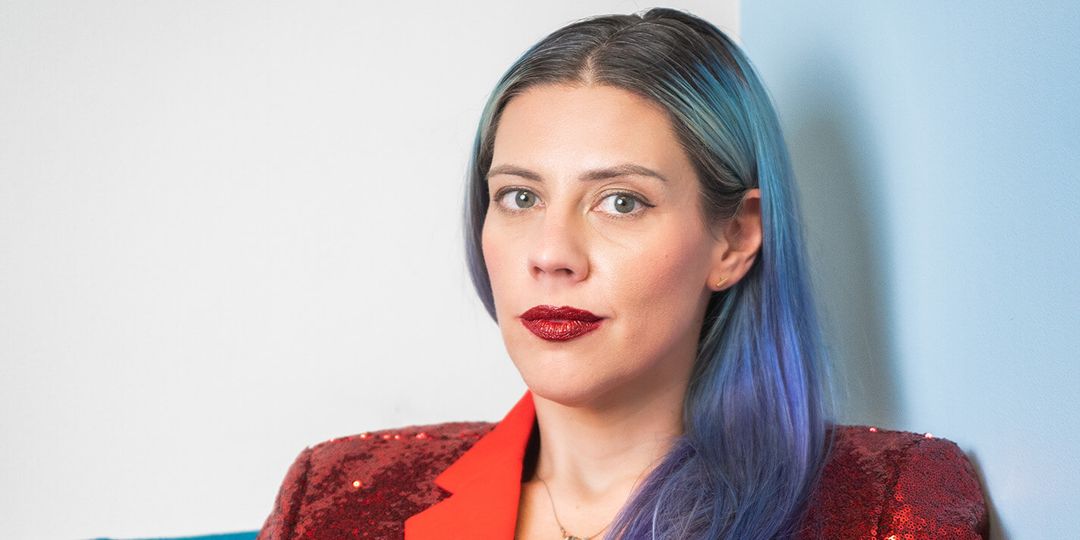UW Majors: Agricultural and Applied Economics, Soil Science, and Languages and Cultures of Asia
Lead Climate Security Analyst, Office of the Geographer and Global Issues, U.S. Department of State
As the first woman on both sides of her family to complete a college degree and pursue a graduate degree, Chelsea Cervantes De Blois was already hardwired to think independently when she arrived at the UW as an undergraduate. What felt like a natural academic grouping to her — Middle Eastern studies, agricultural economics, and soil science — made her stand out immediately to faculty. Her first campus job was in a lab where she injected potatoes with fungi, but her real goal was to gain experience abroad in the Middle East in order to gain the skill set to pursue a career in environment-focused diplomacy.
When her funding request for a UW–sponsored undergraduate research project was denied during her sophomore year, Cervantes De Blois was undaunted. She networked with soil scientists connected to the United Nations and was invited to the Applied University of Al-Baqqa’ in Jordan to work on a wetland irrigation project. It was the first in what would become a long string of independent, corporate, and university-supported research projects in the Middle East and, later, Eurasia, when Cervantes De Blois was invited by a Turkish news agency to move to Ankara and work as a diplomatic journalist. There, she reported on the impact of the country’s historical and contemporary political decisions on the region’s agricultural practices.
After that, she received a Fulbright Fellowship in Azerbaijan, followed soon after by a Boren Fellowship, and the State Department’s Title VIII fellowships to investigate environmental vulnerability and climate variability in the Middle East and Eurasia. In between, she worked as a consulting scientist for commercial agricultural firms in Serbia and Kyrgyzstan. Those experiences, combined with her dissertation on how to use spatial modeling to address human-environmental data gaps there and in Kyrgyzstan, attracted the attention of the U.S. Department of State’s Office of the Geographer and Global Issues, housed in the Bureau of Intelligence and Research, which recruited her while she was writing her PhD dissertation.
Now at the Office of the Geographer and Global Issues, Cervantes De Blois combines her experiences to inform climate policy and diplomacy discussions in Washington, D.C. A significant part of her role is to brief diplomats and special envoys. She’s also one of a handful of experts in her field who speaks Russian, Turkish, Farsi, and Azerbaijani.
Her success at carving out an almost singular career in science and international affairs isn’t something Cervantes De Blois takes for granted. She dedicated her dissertation to her female ancestors, writing: “I was always told that my personality and tenacity for life comes from my grandmothers, great-grandmothers, and the women before them. These women were ahead of their time but were never given the opportunity or the easy route in life. [They instead] were criticized for being innovative and dedicated to their vision and self-worth. My dissertation, and all of my experiences that come with it, are for them.”
